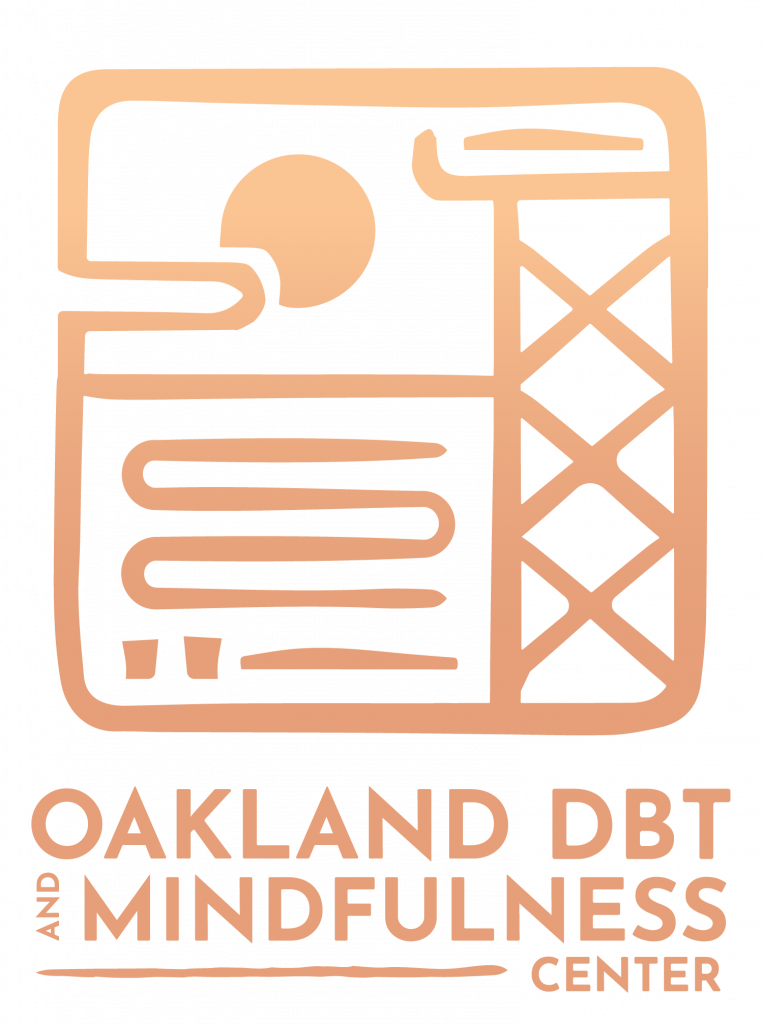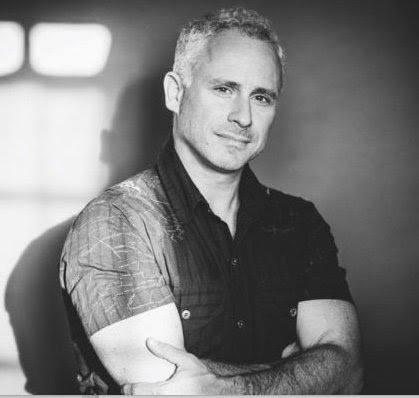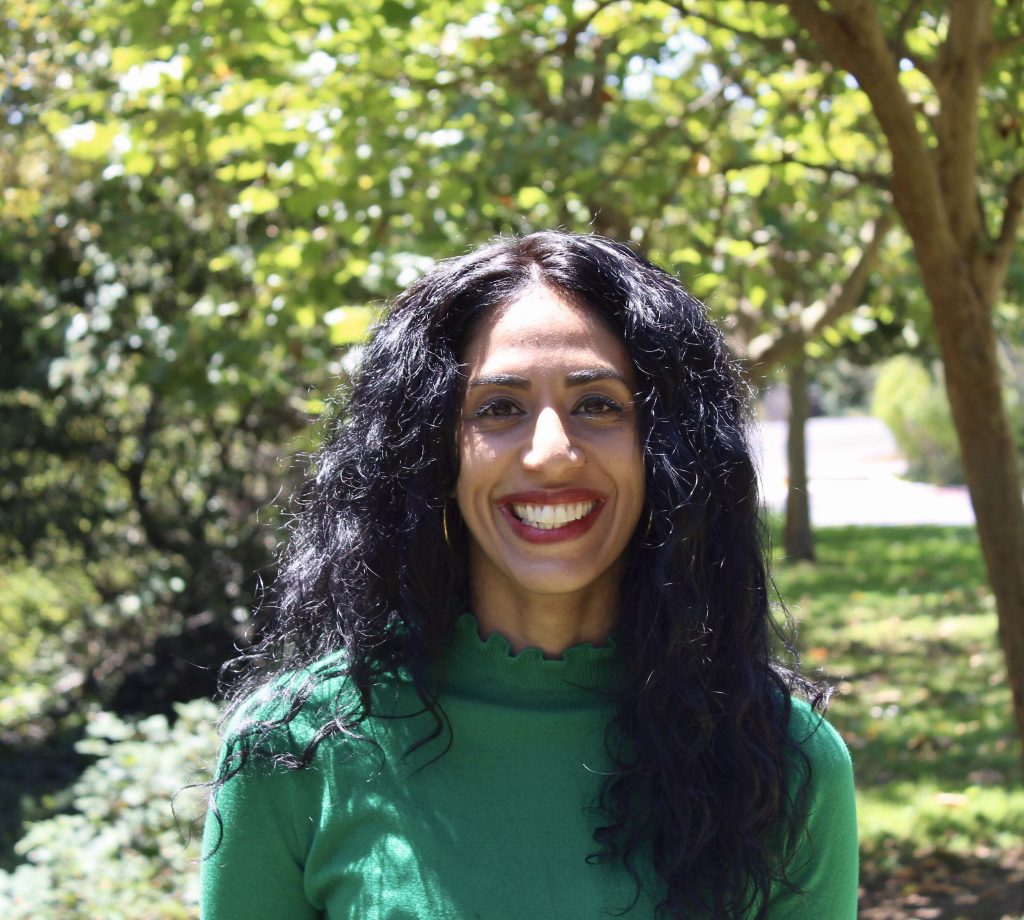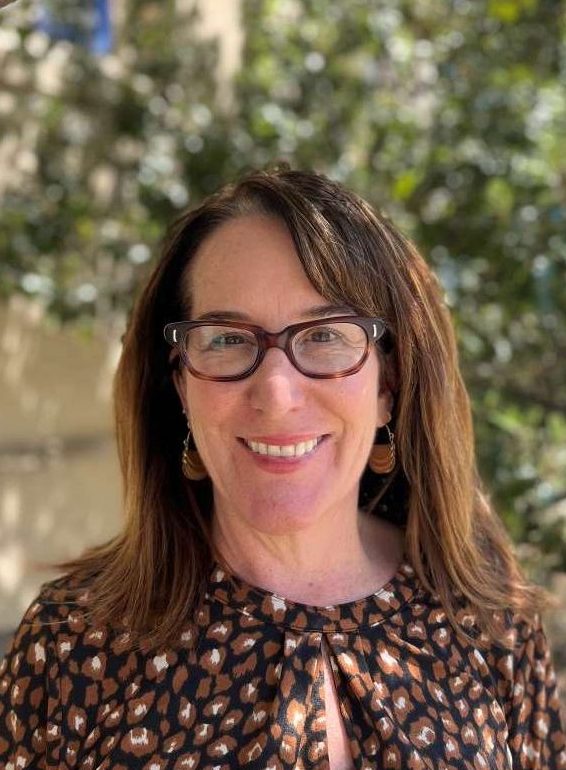Childhood experiences leave lasting marks on our nervous system and emotional health. For some people, those marks are supportive memories of safety, encouragement, and love. For others, childhood may have included neglect, instability, or even abuse that continues to echo decades later. The good news is that healing is possible, and for many, the path begins with trauma therapy in Oakland.
Trauma therapy is not about dwelling on the past for the sake of it. It is about understanding how past experiences are shaping the present and learning healthier ways to respond. With the right support, adults can loosen the grip of old wounds and discover a fuller, freer life.
The Lasting Impact of Childhood Trauma

Trauma in childhood can take many forms. It may come from a single overwhelming event, such as the sudden loss of a parent, or from long-term exposure to unsafe environments, such as growing up with addiction, domestic violence, or chronic neglect in the home.
While the events may differ, the results often share common themes:
- Difficulty regulating emotions, swinging between shutdown and overwhelm.
- Patterns of anxiety, depression, or self-criticism.
- Relationship struggles are rooted in fear of abandonment, mistrust, or people-pleasing.
- Physical symptoms such as tension, sleep disturbances, or unexplained pain.
Adults may recognize these patterns and still feel powerless to change them. Trauma leaves imprints not only on memory but also on the body and the way the brain processes stress. Therapy offers a place to untangle those imprints.
How Trauma Therapy Supports Adults
When people search for trauma therapy Oakland, they are often looking for more than someone to talk to. They want tools, guidance, and a safe environment where painful experiences can be addressed without judgment. Local therapists in Oakland use evidence-based approaches that meet these needs
A trauma-focused therapist may draw from several methods:
- Dialectical Behavior Therapy (DBT): Originally developed for high-intensity emotions, DBT teaches skills for mindfulness, emotion regulation, and distress tolerance that are crucial for trauma recovery.
- EMDR (Eye Movement Desensitization and Reprocessing): A structured process that helps people reprocess traumatic memories so they lose their overwhelming emotional charge.
- Somatic and mindfulness practices: Grounding techniques, breathwork, and gentle body awareness help regulate the nervous system.
- Narrative therapy and talk therapy approaches: Making sense of one’s story in a safe space creates clarity and reduces shame.
The goal is not to erase the past but to reduce the way trauma dictates the present. Over time, therapy helps clients build emotional resilience, restore trust in themselves, and feel safer in relationships.
Healing Relationships Through Trauma Therapy
One of the clearest areas where childhood trauma shows up is in adult relationships. Many adults notice repeating cycles: choosing partners who feel familiar but unsafe, struggling with trust, or shutting down when intimacy grows. Others find themselves people-pleasing to avoid conflict or fearing rejection so strongly that connection feels impossible.
Therapy provides a corrective experience. In a safe and consistent relationship with a therapist, clients learn to experiment with honesty, boundaries, and vulnerability. Skills from DBT and related methods teach how to pause before reacting, communicate needs directly, and repair conflicts in healthier ways. As these skills strengthen, they ripple outward into marriages, friendships, and even workplace interactions.
Trauma Therapy in Daily Life
The value of trauma therapy Oakland extends beyond the therapy room. A strong therapeutic plan includes practicing skills in real life. That might mean grounding yourself before a stressful conversation, journaling to track emotional triggers, or applying mindfulness during your commute. Over time, these small practices build a sense of stability and confidence.
In Oakland, many therapists also integrate the cultural and community strengths of the Bay Area into their work. Clients may find that therapy helps them reconnect not only with themselves but also with their community, whether through mindfulness groups, skills classes, or supportive networks.
Why Local Care Matters
It is possible to read books or watch videos about trauma recovery, but the guidance of a trained therapist in your own community makes a profound difference. Searching for trauma therapists Oakland connects you to professionals who understand both the clinical tools and the cultural context of living in the Bay Area. Local therapy also makes it easier to attend regular sessions, join group classes, and access resources like mindfulness programs or family therapy when needed.
For some clients, telehealth is also an option, but having a local therapist means there is always the opportunity for in-person support when it is most important.
Taking the First Step

Healing from childhood trauma does not mean forgetting the past. It means reclaiming your future. If you find yourself caught in patterns of emotional reactivity, relationship struggles,or persistent self-doubt, reaching out for trauma therapy in Oakland could be a turning point.
Therapists at centers like Oakland DBT & Mindfulness Center specialize in trauma-informed care that blends practical skills with compassionate guidance. Whether through DBT skills classes, individual therapy, or integrative trauma approaches, you can learn to navigate your emotions, connect more authentically with others, and feel at home in your own life again.
How can we help?
Childhood trauma does not have to define adulthood. With the help of trauma therapy in Oakland, adults can heal wounds that once felt permanent and build healthier patterns for relationships, work, and daily living. Recovery is not about perfection it is about creating safety, resilience, and freedom to live more fully.
If you are ready to take the next step, consider connecting with Oakland DBT and Mindfulness Center. Your healing journey can begin today, right where you are.
Frequently Asked Questions
How long does trauma therapy usually take?
The length of trauma therapy varies depending on a person’s history, goals, and chosen approach. Some adults begin to notice relief after a few months, while others benefit from longer-term work that may extend a year or more. The process is not rushed because healing happens gradually. The important thing is consistency and building trust with a therapist.
What does a trauma therapist do?
A trauma therapist creates a safe, nonjudgmental space to process painful experiences. They use specific methods, such as DBT skills, EMDR, or mindfulness-based techniques, to help clients regulate emotions, reframe traumatic memories, and strengthen coping strategies. Their role is both supportive and practical: to listen deeply while teaching tools that clients can use in daily life.
How do I know if I need trauma therapy?
If you notice patterns of anxiety, depression, emotional outbursts, numbness, or relationship struggles that connect back to earlier life experiences, trauma therapy may be helpful.
Many adults seek therapy when old wounds continue to affect current work, family, or intimacy. The goal is not to prove your past was “bad enough” but to honor how it still shapes your present.
What therapy is best for trauma?
There is no one-size-fits-all answer. Evidence-based options include EMDR, DBT, somatic therapy, and mindfulness-based approaches. Some clients benefit from one method, while others use a combination. In Oakland, trauma therapists often integrate several approaches so the therapy matches the client rather than forcing the client into a rigid model.
Is trauma therapy in Oakland available online?
Yes. Many trauma therapists in Oakland offer telehealth sessions for adults who prefer to meet from home. However, some forms of therapy, such as somatic work or ketamine- assisted psychotherapy, require in-person care. When you contact a local provider, you can ask about both in-person and virtual options.
How can trauma therapy help my relationships?
By working through unresolved pain and learning emotional regulation, many adults find they communicate more clearly, set healthier boundaries, and feel more secure in connection. As trust in oneself grows, trust in relationships often follows. Trauma therapy supports both personal healing and relational repair.












